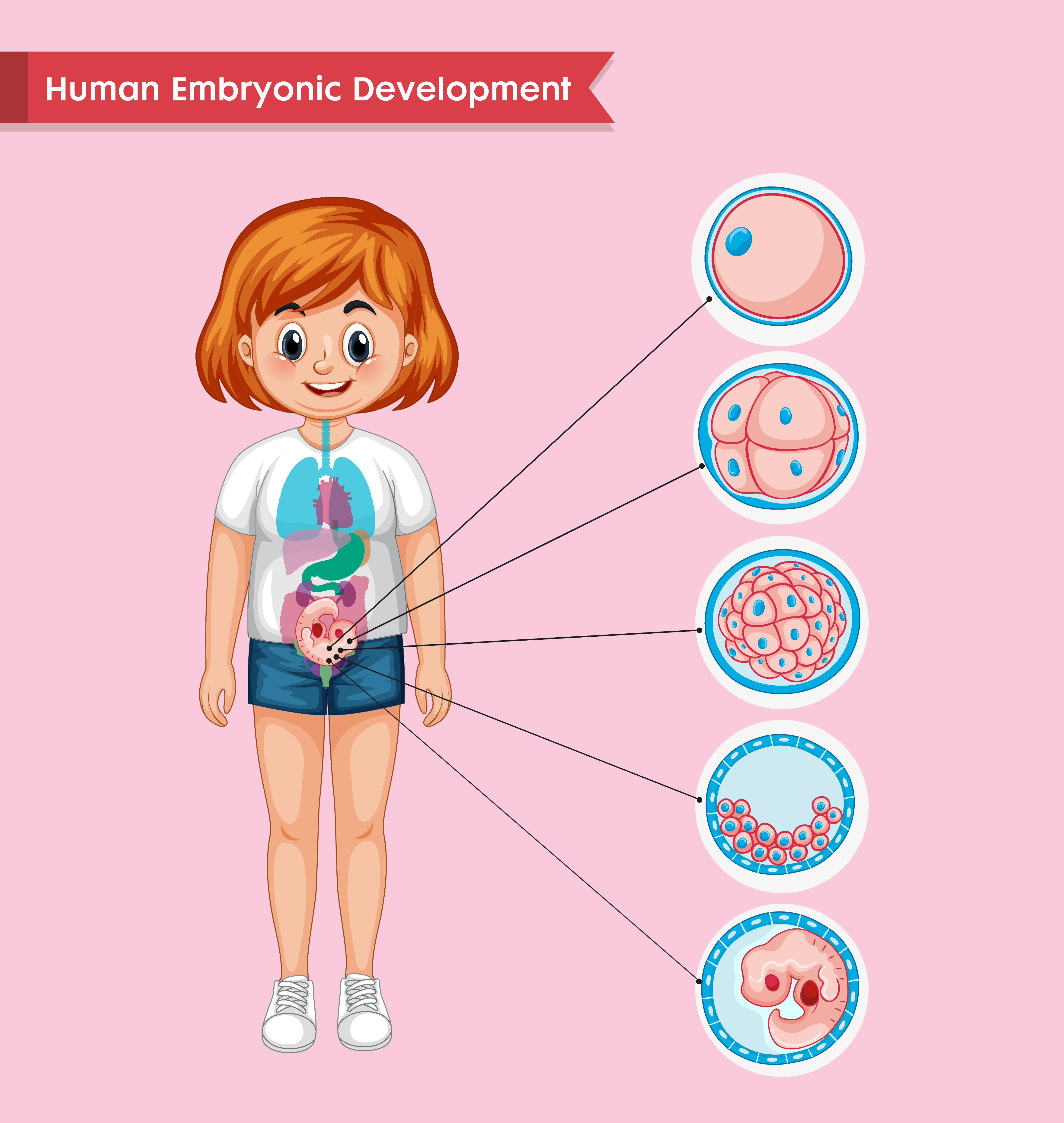
Types of Colitis: Understanding the Different Forms of the Condition
Colitis isn’t just one condition; it comes in different types, each with its own characteristics and challenges. Understanding these types can help individuals and their loved ones navigate the condition more effectively. Let’s explore the various types of colitis and how they differ from one another.
1. Ulcerative Colitis
Ulcerative colitis is one of the most common types of colitis. It specifically affects the colon and rectum, causing inflammation and ulcers in the lining of the colon. Symptoms often include abdominal pain, diarrhea (sometimes with blood), rectal bleeding, and urgency to have a bowel movement. Ulcerative colitis tends to affect the innermost lining of the colon and may lead to complications such as colon cancer if left untreated.
2. Crohn’s Colitis
Crohn’s colitis is a subtype of Crohn’s disease, another form of inflammatory bowel disease. Unlike ulcerative colitis, which primarily affects the colon and rectum, Crohn’s colitis can involve any part of the digestive tract, from the mouth to the anus. In Crohn’s colitis, inflammation can occur in patches throughout the colon, leading to symptoms similar to ulcerative colitis. These may include abdominal pain, diarrhea, rectal bleeding, and weight loss. Crohn’s colitis can also cause complications such as strictures, fistulas, and abscesses.
3. Ischemic Colitis
Ischemic colitis occurs when blood flow to the colon is reduced, leading to inflammation and damage to the colon lining. This reduction in blood flow can be caused by various factors, including blood clots, arterial blockages, or low blood pressure. Symptoms of ischemic colitis may include sudden abdominal pain, bloody diarrhea, and tenderness in the abdomen. Ischemic colitis is more common in older adults and those with conditions such as atherosclerosis, diabetes, or heart disease.
4. Microscopic Colitis
Microscopic colitis is a less common type of colitis characterized by inflammation that can only be seen under a microscope. There are two subtypes of microscopic colitis: collagenous colitis and lymphocytic colitis. Both types share similar symptoms, including chronic diarrhea (often without blood), abdominal pain, and weight loss. The exact cause of microscopic colitis is unknown, but it may be related to autoimmune factors or medications.
Conclusion
Each type of colitis has its own unique characteristics and may require different approaches to treatment and management. If you or someone you know is experiencing symptoms of colitis, it’s essential to consult with a healthcare professional for proper diagnosis and personalized treatment.
To seek medical advice, always consult a Doctor. Here are our recommended experts. Click Here
To read more on Colitis. Click Here


